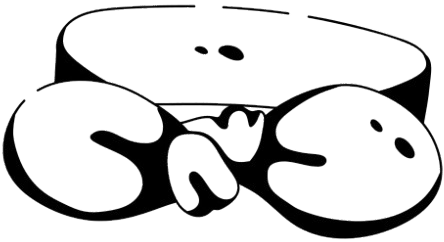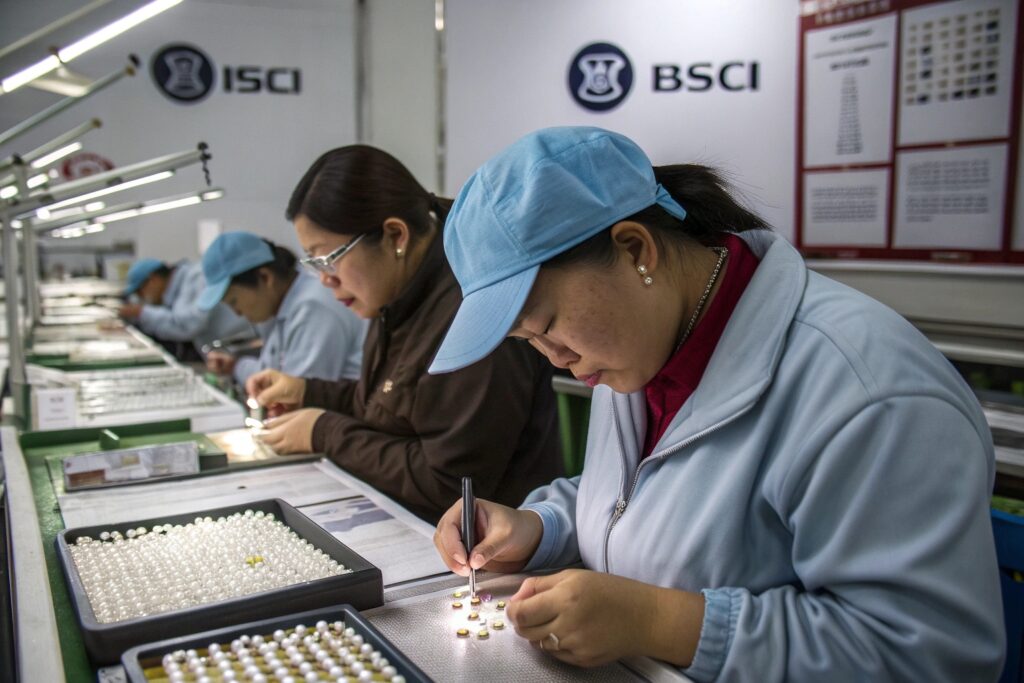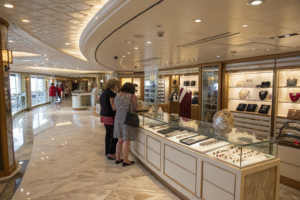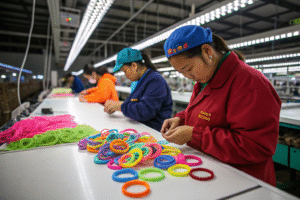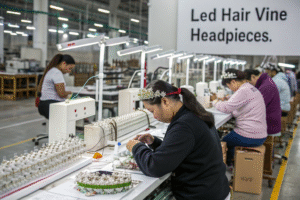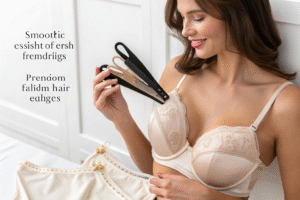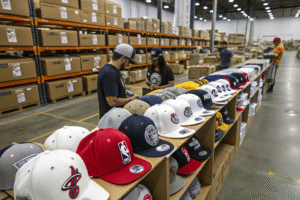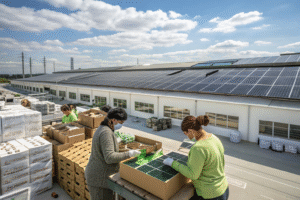Sourcing pearl hairpins that look great is easy. But sourcing ones that meet global safety, quality, and labor standards? That’s what separates reliable suppliers from risky ones. For importers, gift brands, and fashion retailers, certifications are not optional—they’re a shield against product recalls, customs issues, and PR disasters.
Your pearl hairpin manufacturer should hold certifications for product safety, ethical labor, and manufacturing quality, such as ISO, BSCI, CPSIA, and REACH compliance. These documents verify your supply chain is legally sound, ethically run, and retail-ready.
In this guide, I’ll break down the must-have certificates your factory should provide—and why HairAcc makes them part of our basic offering.
Why Are Certifications Critical for Pearl Hairpin Imports?
Many buyers assume that pretty packaging equals compliance. But beauty alone doesn’t pass customs or retailer audits. Without the proper certifications, your goods can be delayed, denied, or even destroyed at port.
Certifications reduce import risk, build trust with buyers, and prove that your pearl hairpins meet the safety and sourcing laws in your target markets.
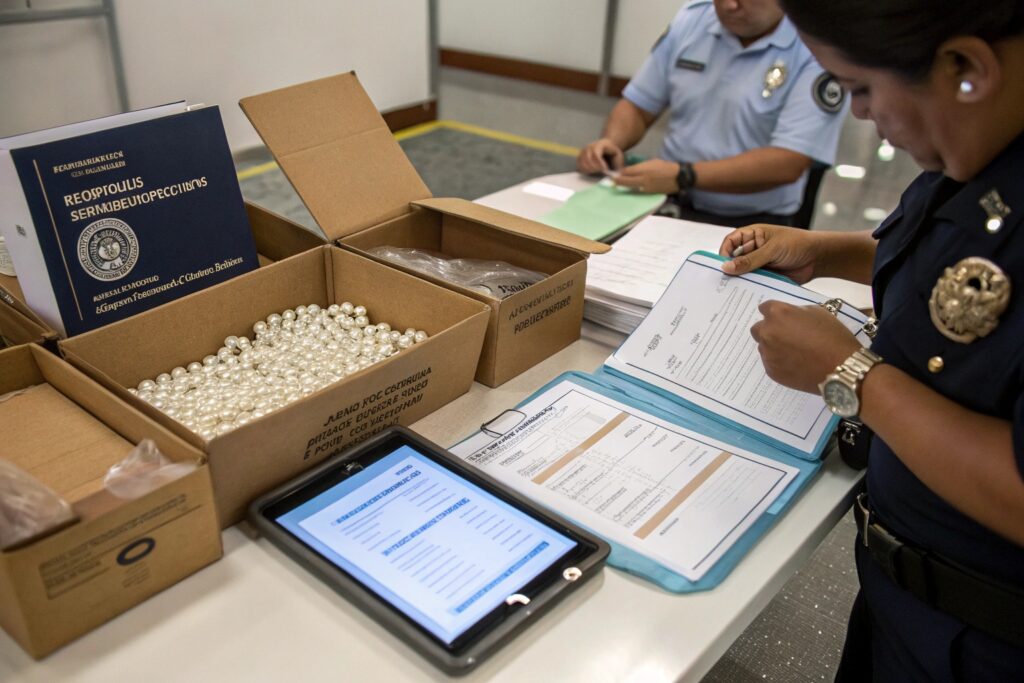
What Happens If You Ship Without Proper Certification?
For shipments to the U.S. or EU, authorities may require a Declaration of Conformity for children’s accessories, or test results proving your hairpins are free from toxic substances. Without it, customs can fine you or hold your goods indefinitely.
Retailers like Target or Sephora won’t even accept products without social compliance certifications or product safety documentation. Certification is not red tape—it’s your entry ticket to trusted markets.
What Buyers Expect Certification Up Front?
Our clients selling on Amazon, to gift chains, or even to subscription boxes all request certificates upfront. It builds peace of mind, helps with customs declarations, and protects both sides from legal risk.
What Manufacturing Certifications Should a Factory Hold?
These documents ensure your hairpin supplier follows documented procedures for quality control, worker rights, and traceability. They’re your first line of defense against inconsistent quality or bad PR.
The top certifications for manufacturers include ISO 9001 for quality management, BSCI for ethical labor, and Sedex or WRAP for global supply chain transparency.
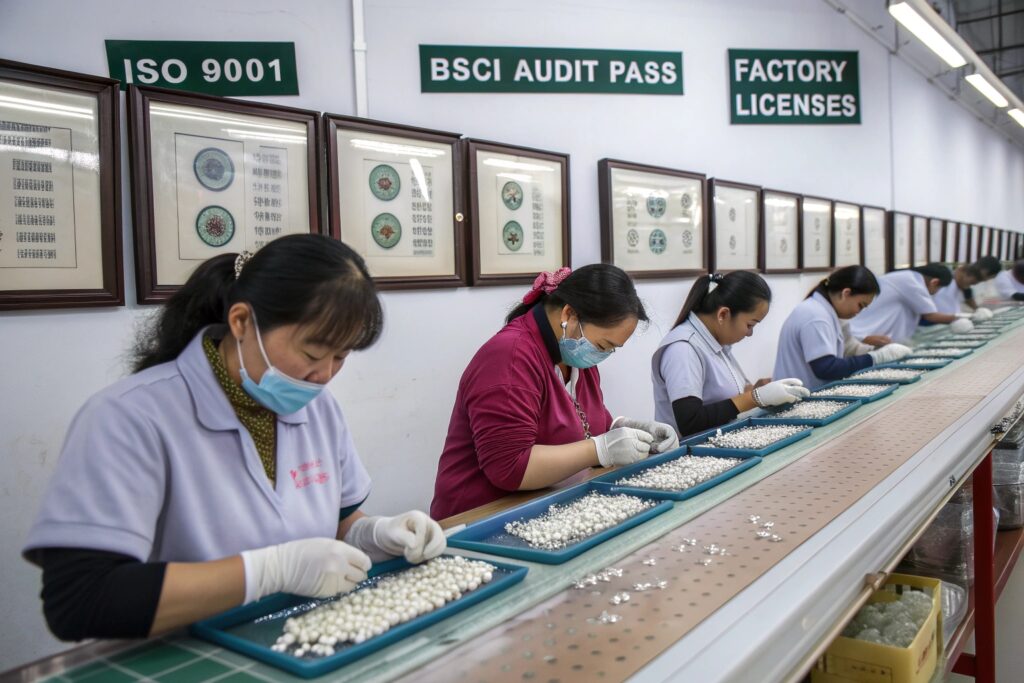
What Is ISO 9001 and Why Does It Matter?
ISO 9001 is a global standard for quality management systems. It shows a factory has internal SOPs (Standard Operating Procedures) for each process, from raw material checks to packaging.
At HairAcc, this ensures every pearl hairpin follows a production checklist—avoiding loose pearls, uneven spacing, or low-tension clips. It also helps us provide reliable QC reports for every shipment.
What About BSCI or Sedex?
BSCI (Business Social Compliance Initiative) audits cover wages, working hours, no forced labor, and safe factory conditions. Sedex is similar, often used by EU buyers. These ensure your supplier treats workers fairly—which is now a requirement for many corporate gift buyers and retail platforms.
What Safety Certifications Are Required for Materials?
It’s not just about how your pearl hairpins are made—it’s also about what they’re made of. Many countries ban specific chemicals or heavy metals in consumer products, especially accessories for women or kids.
Key material certifications include REACH (EU), CPSIA (US), and RoHS for non-toxicity. These verify your pearl hairpins are safe to wear and compliant with customs rules.
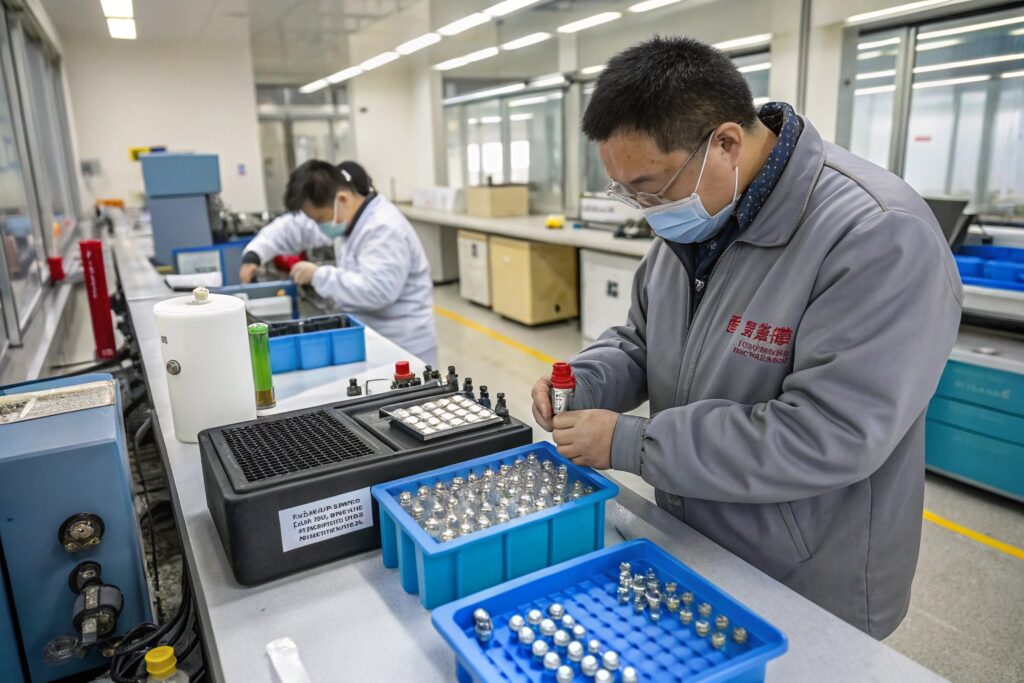
What Is REACH and Why Should You Care?
REACH is the EU regulation that restricts hazardous substances in products. If your hairpin includes pearls, metal, or glue, each component must meet REACH standards.
We test our materials at accredited labs like SGS or Intertek, and provide REACH test reports upon request. This is essential for importers targeting Europe or selling through platforms like Zalando.
What About CPSIA for the U.S.?
If your pearl hairpins are for children (or marketed as age-neutral), they must meet CPSIA standards. This limits lead content and requires a Children’s Product Certificate.
At HairAcc, we conduct batch-level tests for our child-safe accessory lines and share documentation as part of the order process.
What Retail & Branding Certifications Add Trust?
In competitive markets, certification isn’t just backend paperwork—it’s a front-end sales tool. Smart buyers now print their compliance directly on packaging to stand out.
Certifications like OEKO-TEX® (for textile safety) and “Made in Audited Factory” labels improve consumer trust and help pass retail vetting.
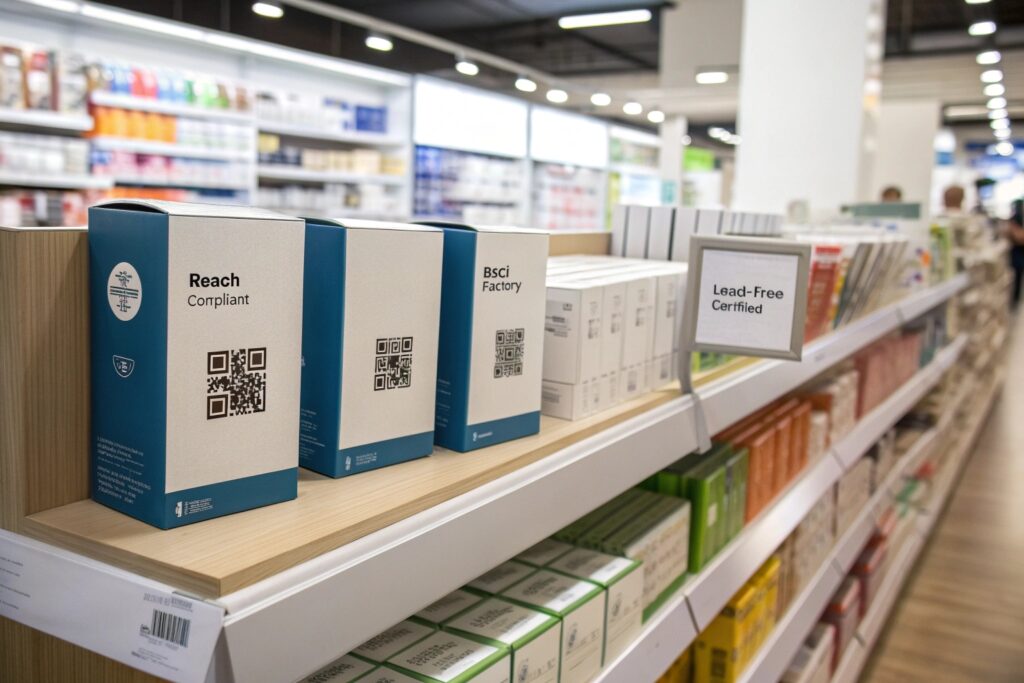
What Labels Can Go on Hairpin Packaging?
Some clients include certification seals or QR codes on their card backings or hang tags. These link to a cloud folder with test reports or digital product passports. Others include “BSCI Audited” or “Lead-Free” icons on packaging, which boost consumer trust.
We offer template-ready packaging that can incorporate these visual cues during production—whether for retail, Amazon, or boutique gifting.
Do Big Retailers Check Factory Certification?
Yes—and they’re stricter than ever. Buyers from Walmart, Primark, or even Etsy now expect traceable factories. If your supplier can’t provide documents quickly, they’ll move on to one who can. That’s why we maintain all certification files digitally and update them quarterly.
Conclusion
Choosing a certified pearl hairpin manufacturer isn’t just about compliance—it’s about confidence. Certifications protect your reputation, speed up customs clearance, and reassure retailers and end-users alike.
At HairAcc, we hold ISO, BSCI, REACH, CPSIA, and other relevant certificates across our material and labor workflows. We believe every buyer—no matter how small—deserves access to secure, transparent manufacturing.
Ask us today for our latest certification pack, or schedule a sample order with full compliance documentation. Let’s make your next pearl hairpin order beautiful—and worry-free.
